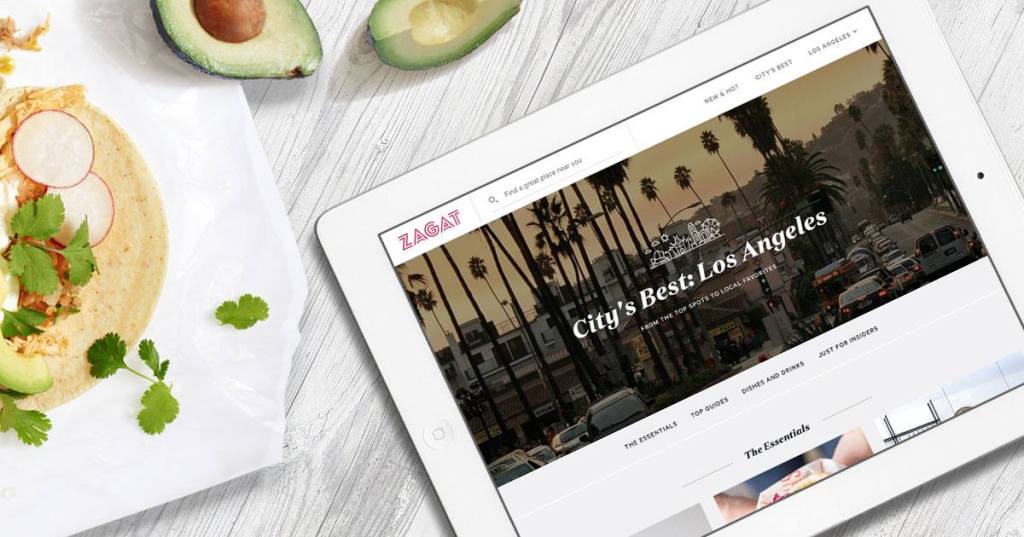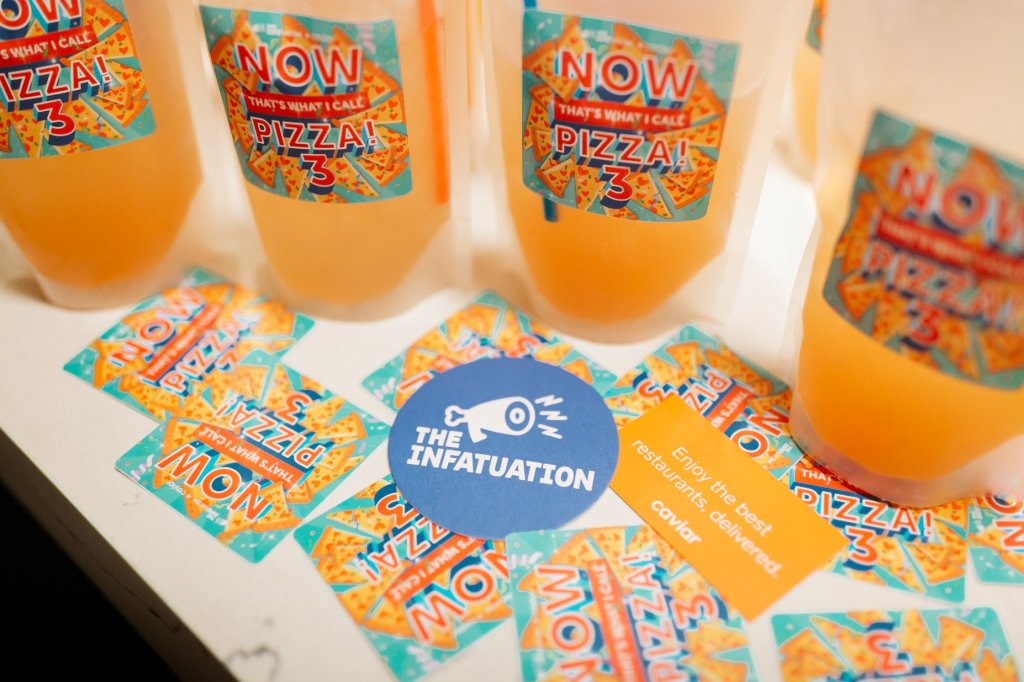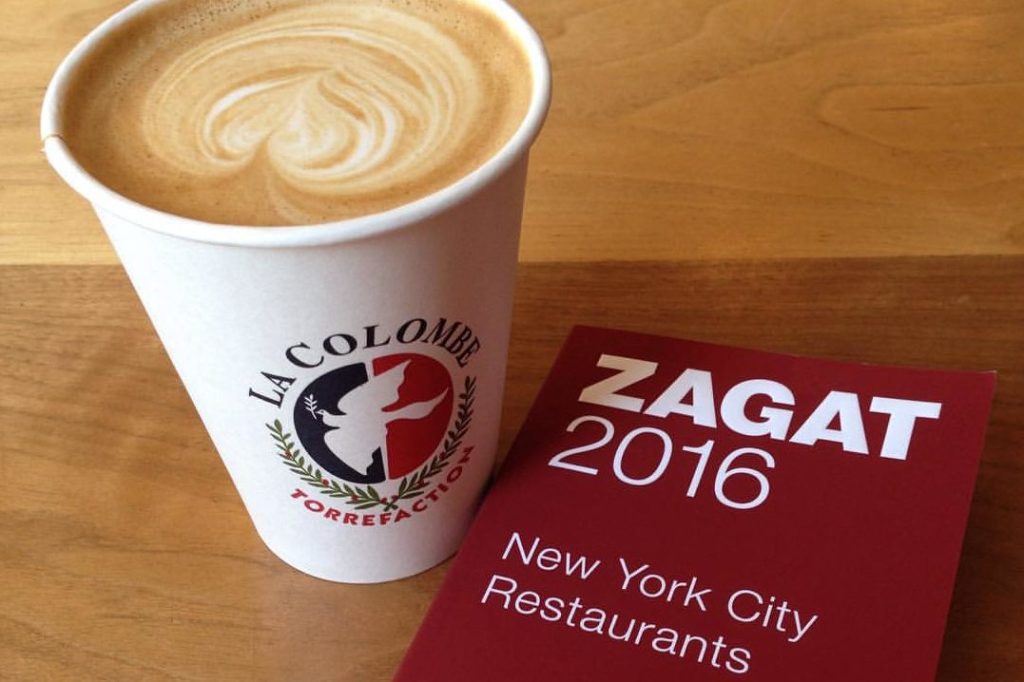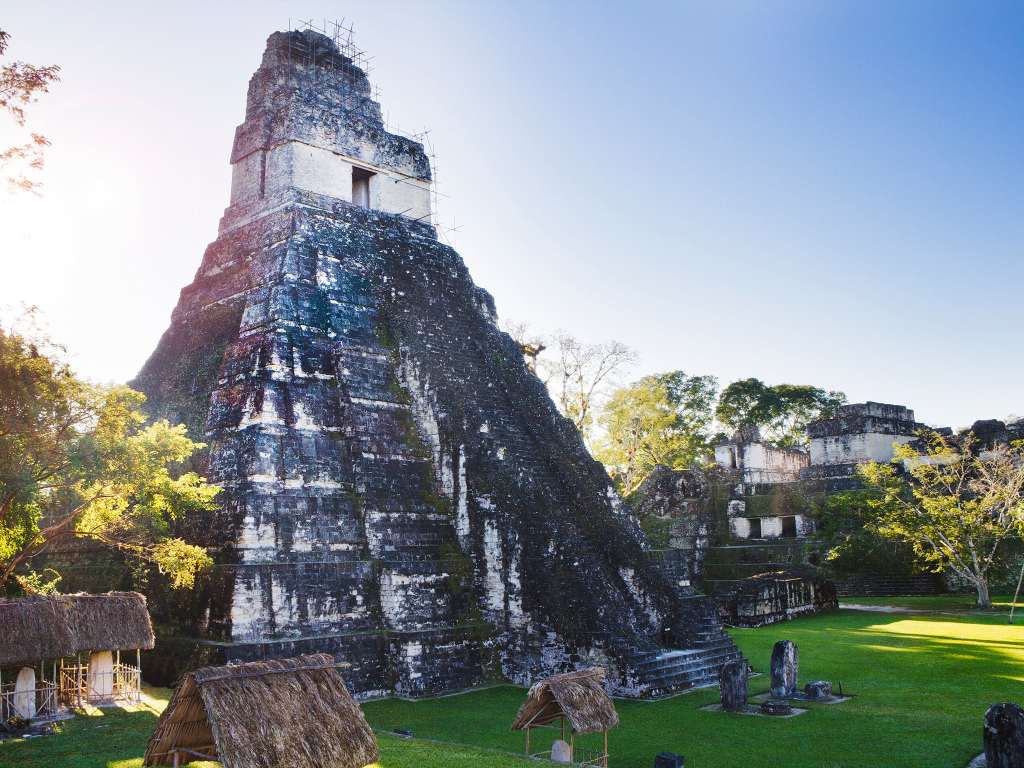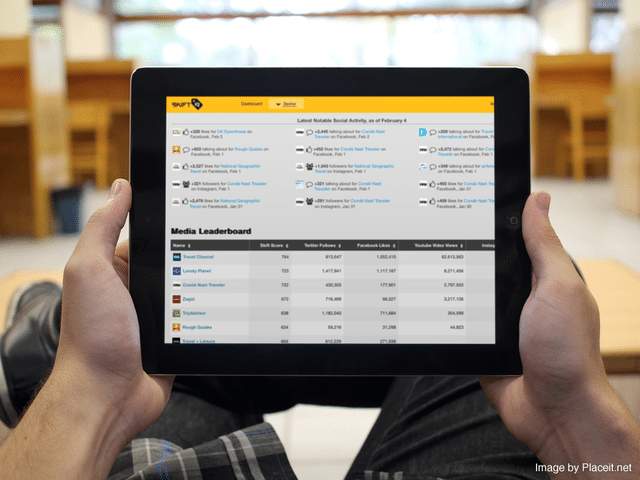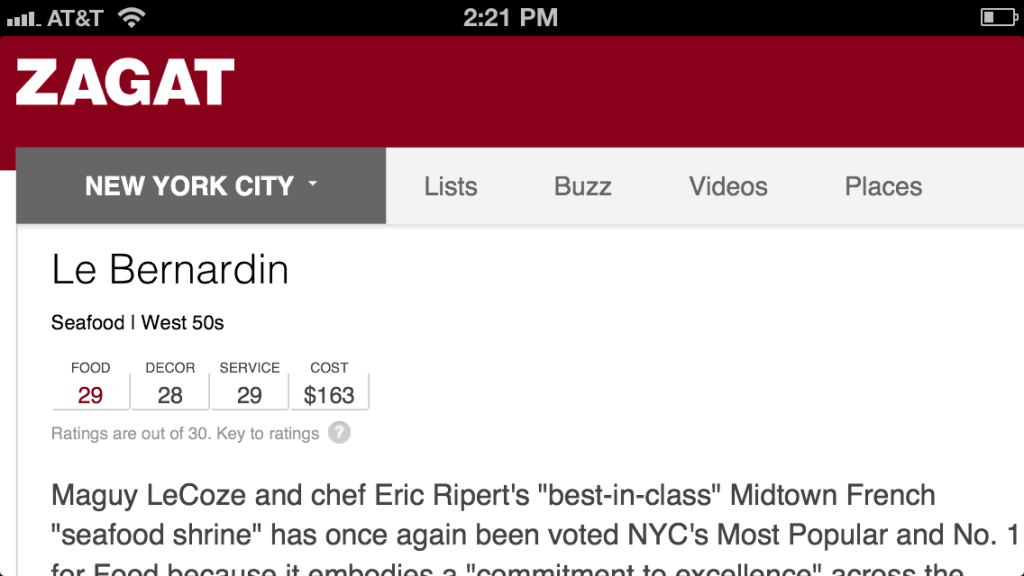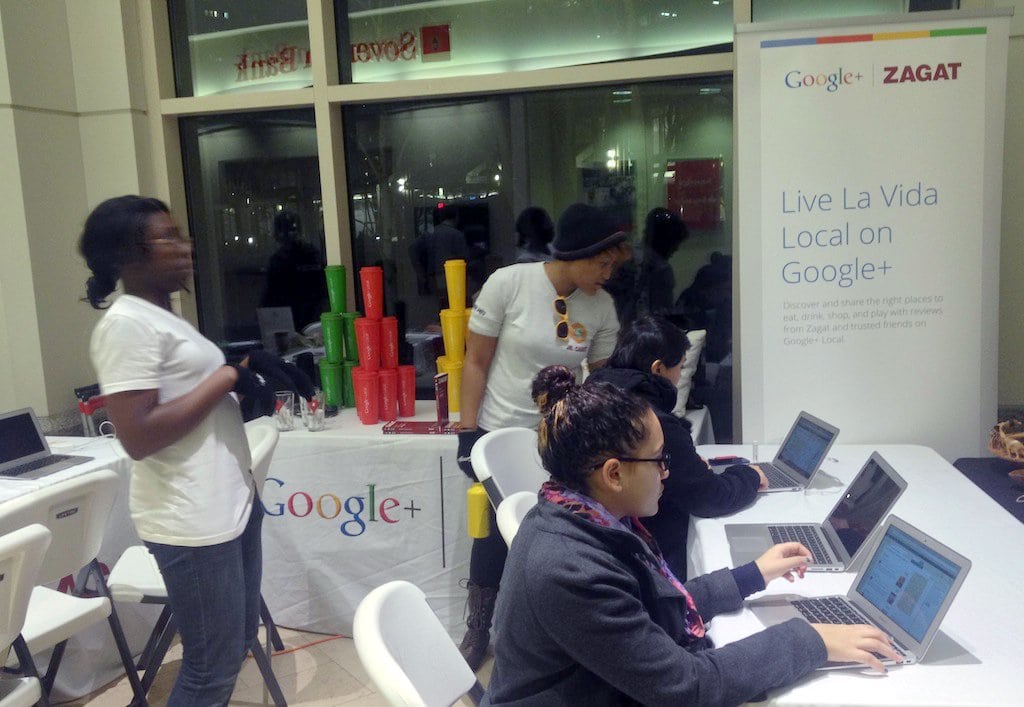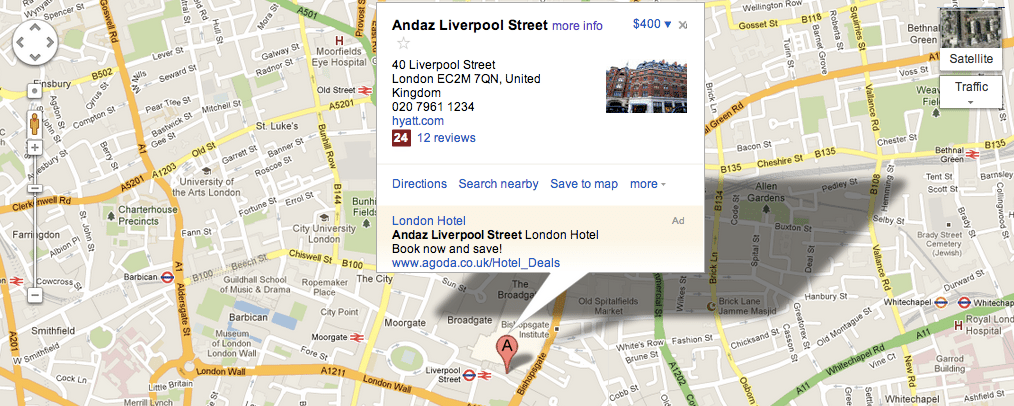Food and Drink
The Infatuation Will Bring Back Zagat's 30-Point Ratings System and Add Print Guides Too
It will be interesting to see how much energy The Infatuation devotes to Zagat and how loyal the older brand's readers will be following years of neglect compounded by radically changed consumer habits and a slew of more savvy competition.
